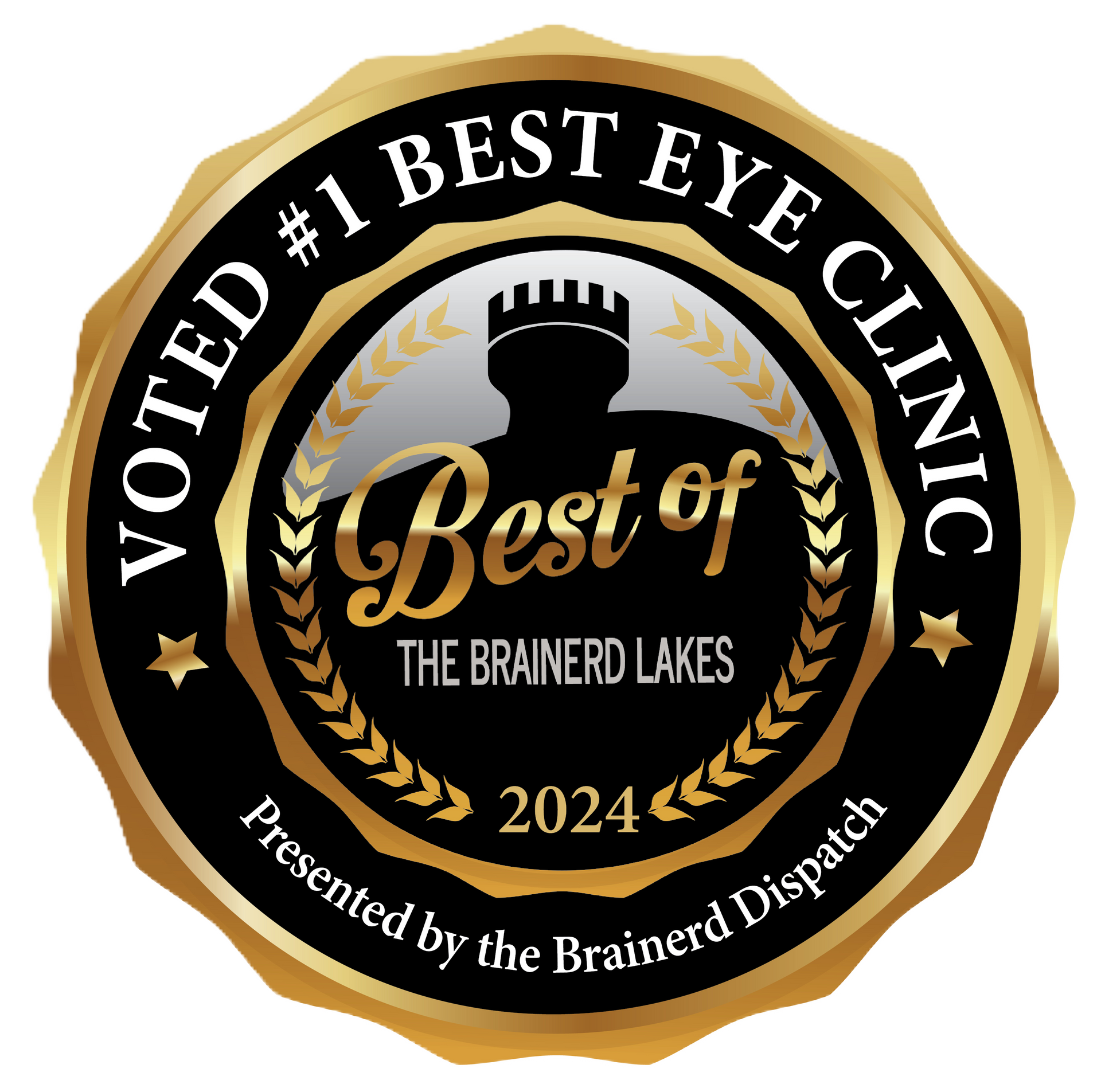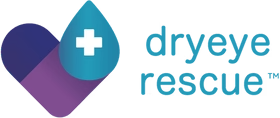Comprehensive Eye Exams at Brainerd Eyecare Center
At Brainerd Eyecare Center, your eye health is our top priority. That's why we offer comprehensive eye exams in Brainerd, MN, utilizing state-of-the-art technology and personalized care from our experienced doctors and staff.
What to Expect During Your Eye Exam
A typical eye exam at our center takes approximately one hour and involves pupil dilation. Here's what you can expect:
Visual Acuity Testing
We'll measure your ability to see at various distances, determining if you need eyeglasses or contact lenses for optimal vision.
Blood Pressure Measurement
High blood pressure can affect eye health, so we include this routine check.
Computerized Visual Field Test
This painless test evaluates your peripheral vision.
Eye Muscle Coordination and Focusing Tests
These tests assess how well your eyes work together and their ability to focus at different distances.
Detailed Eye Examination
Your doctor will personally examine the exterior and interior of your eye using specialized equipment like a slit lamp microscope. This allows for a thorough evaluation of your eye health and the detection of potential conditions such as cataracts, glaucoma, and macular degeneration.
Advanced Diagnostic Tools
In addition to the standard tests, we offer advanced diagnostic tools for a more comprehensive evaluation when necessary:
- Retinal Photography: This captures a digital image of the back of your eye, aiding in detecting and monitoring eye diseases.
- Corneal Topography: This computer-generated map of your cornea's surface helps assess its shape and identify potential issues like astigmatism.
- Optic Nerve and Retinal Thickness Scanning: This painless laser technology measures the thickness of your optic nerve and retina, which can be crucial in diagnosing and monitoring certain eye conditions.
Preparing for Your Eye Exam
To ensure a smooth and efficient appointment, please bring the following to your exam:
- All insurance information
- Glasses and contact lenses you currently use
- Completed medical and eye history forms (available for download
here)
Importance of Regular Eye Exams
Many people need to realize the importance of regular eye exams. Early detection and treatment of eye diseases can significantly impact your vision and overall health.
Here are some key statistics highlighting the importance of eye exams:
- Only 1 in 16 children receive an eye exam before starting school.
- Less than half of adults at risk for vision loss have had a dilated eye exam in the past year.
- Fifty percent of people with glaucoma are unaware they have it.
Learn More About Eye Care
For more information on eye health and vision care, visit the American Optometric Association website: www.aoa.org/eye-exams.xml.
Contact Brainerd Eyecare Center at (218) 829-0946 today to schedule your comprehensive eye exam. We look forward to helping you see your best!


